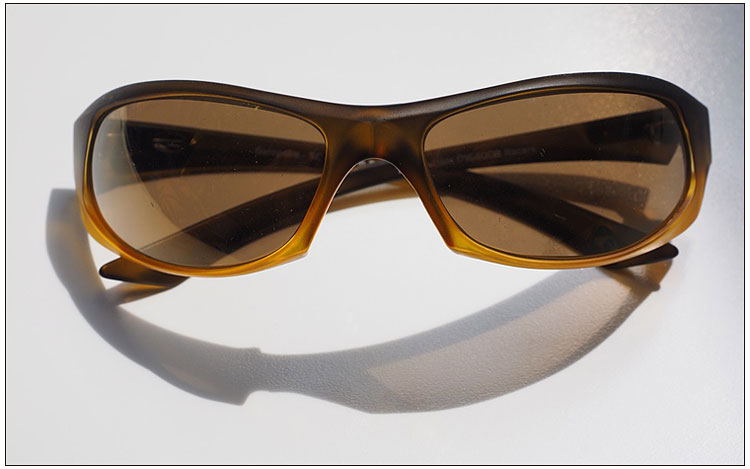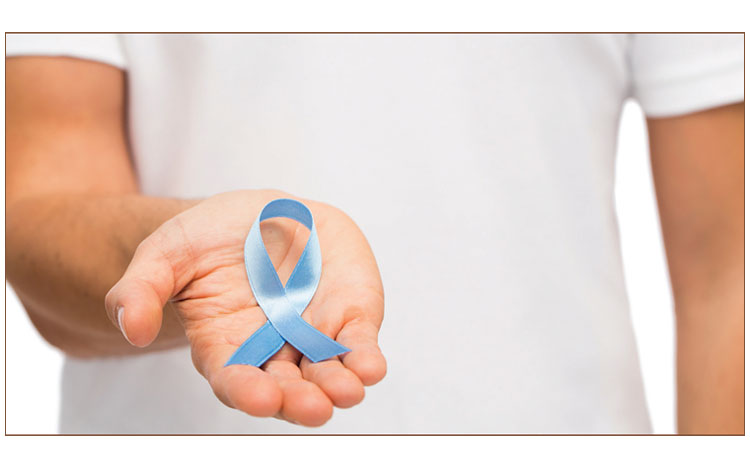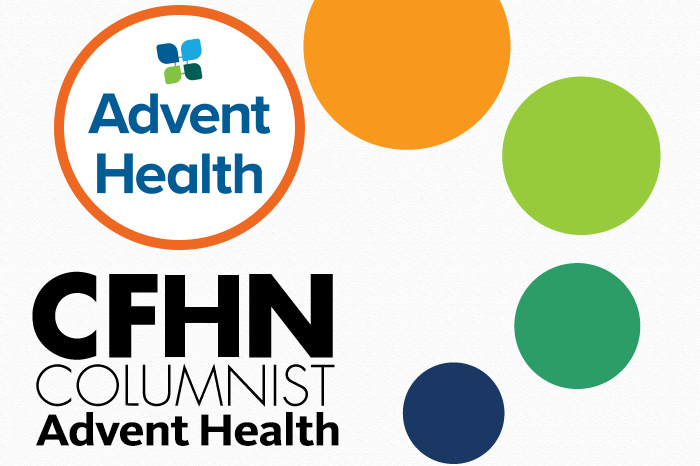
Health News
Features
-
The importance of UV-blocking sunglasses
American Academy of Ophthalmology survey confirms need for more eye protection BEACH, THE POOL, the lake; Central Floridians will be headed outdoors for fun and relaxation this summer. While most will remember to lather on the sunscreen and shield their skin from harmful UV rays, how many will be watching out for their eyes as…
-
Parker plays his part to help his fellow man
Raising awareness at Walk to Cure Arthritis Tampa event, and beyond PARKER LENTINI, a local 16-year-old with a different story to tell, was an active kid who enjoyed sports. When he started experiencing severe aches and pains in his bones and joints, many around him chalked it up to growing pains. When fevers, rashes, and…
-
A survivor’s take on prostate cancer
New technologies, support, and awareness give hope ONCE A MONTH, a small group of men meet at the Watson Clinic Cancer & Research Center. They all have one thing in common: they were each diagnosed with prostate cancer. “It’s a total shock when you hear that you have cancer,” says Vic Ingargiola, the support group…
Columns
-
Understanding Heart Failure With Preserved Ejection Fraction
Last year, I wrote about heart failure. At that time, I had said that about half the patients admitted with congestive heart failure have normal systolic function. This is true. The most common way to express heart function is by measuring ejection fraction (EF). This is the proportion of the amount of blood in the…
-
7 Ways to Save Money on Your Glaucoma Drops
Glaucoma is a group of diseases that affect the optic nerve of the eye. It is the cable that carries the information from the eye to the brain. Any damage to this optic nerve due to high pressures can damage it, resulting in lower vision or vision loss. Therefore, it is essential to treat glaucoma…
-
Stay strong with healthy hips
Expert care can get you there. We all hope to be able to walk, run and dance through life with healthy, natural joints. But when your hips become arthritic and painful, it’s not easy to keep moving like you used to. The good news is that hip replacement has come a long way, with advanced…





